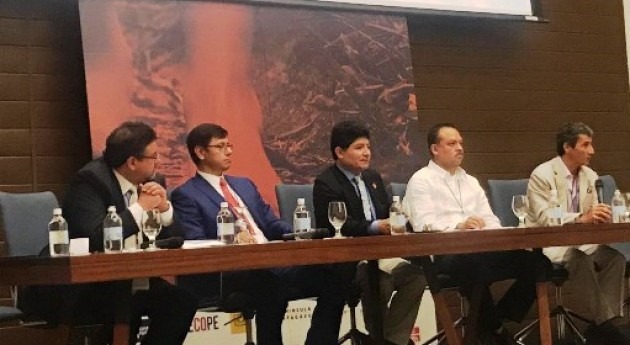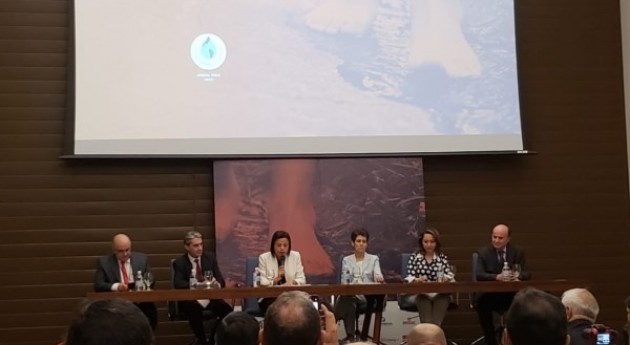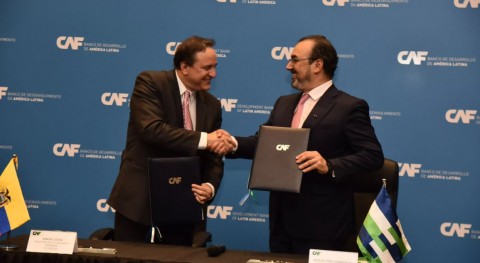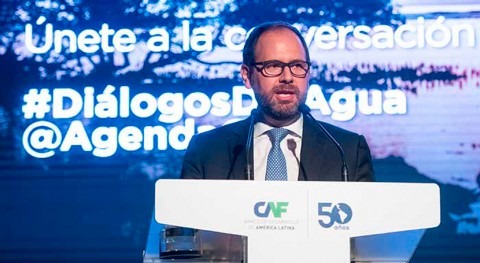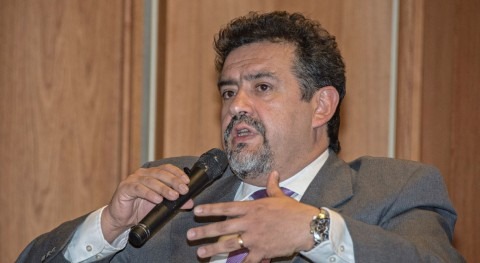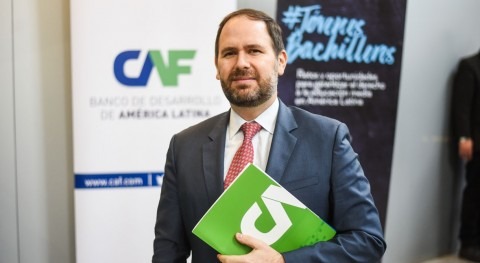In the context of the new challenges posed by the Sustainable Development Goals (SDGs), over the next decade, many countries of Latin America and the Caribbean will have to step up their efforts to close the large gaps in access to drinking water and sewerage, especially for the most disadvantaged groups, concentrated mostly in peri-urban and rural areas.
To this end, CAF participated as a strategic partner in the fifth edition of the Latin American Conference on Sanitation (LATINOSAN), held on April 1 to 3 in Costa Rica, with more than 1,400 participants from 30 countries. This Conference is held every 3 years, and has helped gain a better understanding of the progress made in the region, the successful experiences and new challenges for the sector. It has also promoted national and sub-regional initiatives and events (such as CaribeSan, PeruSan and NicaraguaSan), which have contributed to integration between countries of the region.
These meetings are becoming increasingly relevant, considering that the region is far from meeting the targets set by the SDGs, since there are more than 59 million Latin Americans without access to decent sanitation and, counting those with limited access, the combined figure amounts to 90 million. The difficulties in sanitation pose a challenge not only for household living standards, but also for the environment, since an estimated 70% of the sewage in Latin America are poured into rivers, lakes and seas without proper treatment.
To reverse this situation, as explained in the Conference program, CAF helped devise guidelines to improve public policies of its shareholder countries, which should have an impact on prioritization of investments and on improving service management.



